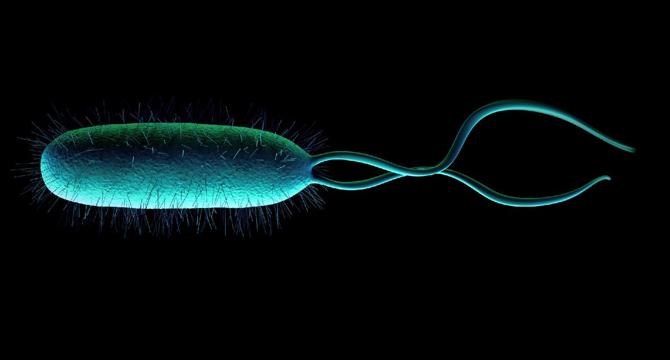Livescience
1M
323

Image Credit: Livescience
If life can exist in your stomach, it can exist on Mars. Here's what it might look like.
- Life on Earth is a unique phenomenon, with ours being the only planet known to support life in the form of single-celled organisms.
- Scientists are exploring the possibility of finding the Last Universal Common Ancestor (LUCA) outside Earth.
- Mars, once potentially habitable, is currently a barren landscape eyed for signs of past life.
- Moons like Europa and Enceladus offer hope with their subsurface oceans that could harbor life in the form of single-celled organisms.
- Extremophiles on Earth have shown that life can exist under extreme conditions previously thought impossible.
- Bacteria like Helicobacter pylori, found in the human stomach, can survive in highly acidic environments and contribute to gastric diseases.
- H. pylori's survival mechanisms, such as flagella and urease enzyme, enable it to thrive amidst stomach acidity and cause ulcers.
- The study of extremophiles gives hope that life could exist in challenging environments on other planets or exoplanets.
- Life's resilience and adaptation, as seen with H. pylori in the human stomach, offer insights into the potential forms of life beyond Earth.
- The search for life beyond Earth considers not just habitable conditions but also the possibility of extremophile-like organisms.
Read Full Article
19 Likes
For uninterrupted reading, download the app